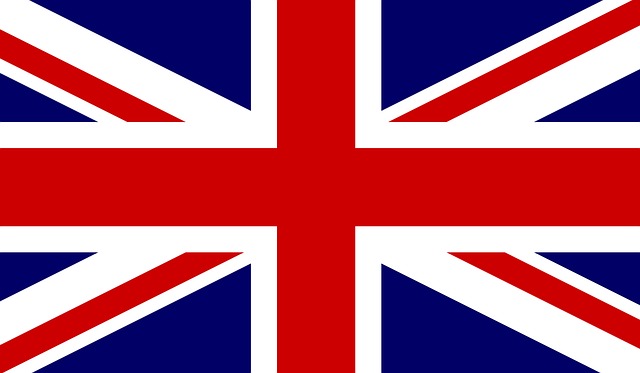Forum Replies Created
-
AuthorPosts
-
Spidersong
MemberUnless you and they have agreed a self billing arrangement then yes you’ll need to issue them a credit note, or credit the disocunt against future sales, adjusting the VAT and consideration on those invoices. How are you actually arranging the exchange of money, presumably when they invoiced before you paid, but what are you doing now there’s just a statement? Answering that will probably guide you on how you should proceed.
If they’re knocking it off the money they pay you on future supplies then show it on those invoices, if you’re paying them the money still, then issue them a credit note at the time you pay them. It’s basically whatever you agree between the two of you as to how this rebate should work.
Spidersong
MemberIn that case I’d be mentioning the above provision on value and consideration, along with section 2 of the Act which sets VAT at 20%, so if we assume my mythical £100 again you have a line item including VAT of £120, which gives value of £100, plus VAT of £20 and therefore condideration of £120 for that line. You then have a subtotal that adds £24 VAT giving a value of £120 and VAT of £24.
So for one thing the court could ask him to demonstrate that since he’s (according to the invoice) charged £44 of VAT (on a value of either £100 or £120 neither of which would produce £44 of VAT) that that’s been remitted to HMRC (it almost certainly is just the £24 that has) and point out the logical impossibility of the value of a single supply being both £100 and £120 at the same time. As this isn’t Schroedingers VAT it can only be one or the other.
So to put it another way. S19 (2) says the consideration (price paid) of a supply of goods or services is equal to the value of the supply plus VAT. So a VAT inclusive price is therefore consideration for the supply. So whatever way you slice it he’s put two different values and two different considerations on the same invoice for the same goods, which is impossible.
Also the most basic point of VAT law is under S4 of the VAT Act – VAT can only be charged on a supply of goods or services made in the course of business – VAT itself is not a supply of goods or services so you cannot charge VAT on VAT. He has not made a supply of “VAT” to you on which he can charge VAT, which is essentially what S19 points out be separating the consideration for a supply into both value and VAT.
Good luck with your case.
Spidersong
MemberThe point of law you’re looking for isn’t VAT law I’m afraid. The problem isn’t actually that you’ve been charged VAT twice or VAT on top of VAT or paid extra VAT, you’ve been charged 20% VAT on top of the builders supply. The problem is that you’re being overcharged (at least from your point of view) for the supply, and there’s nothing in VAT law that dictates what a supplier can charge for goods. (In most cases: Sch 6, VAT Act 1994 does have certain valuation rules but they don’t apply here, and there are some anti avoidance rules to prevent connected parties undercharging each other)
So what we’ve got here (for simplicity): Builder buys goods £100 + £20 VAT, he recovers VAT so his cost of goods is £100. He then charges you £120 for the goods, he could just as well have charged you £150 for those goods, or £110, or the £100 that is his cost which is what you wanted/expected. Now all VAT law says is that the value of a supply is whatever is left once VAT is taken off the consideration e.g. if there’s a taxable supply then the value + VAT is the amount you pay (VAT Act 1994, Section 19 (2)). It also says that VAT will be 5% or 20% of the value. So as long as the builder hasn’t charged you more that 20% on whatever he’s got as the value of supply he’s broken no VAT law provisions, because he hasn’t charged VAT twice, he’s charged it once. So what you’re actually arguing over is the value of his supply.
Now whether your point of view is the right point of view will depend on what you agreed on the charging of goods in the contract (the value). If the contract says the builder recharges goods to you at cost, then you need to point the judge to that section of the agreement with the builder and then point him to the net cost of goods, as the builders set the value too high when charging you. If the agreement doesn’t say what you’ll pay for the goods then you may have an argument on unfair contract terms to make, as it’s apparently left it open to him to be able to charge whatever he wants for them.
In the end what you’ve got is the builder has bought goods, he’s then added a profit margin of 20% to them and charged you for them and then added VAT on top of that correctly, what you have to prove is that he has no right to add that profit margin to the goods, and that information will only be found in your contract with the builder.
-
AuthorPosts
